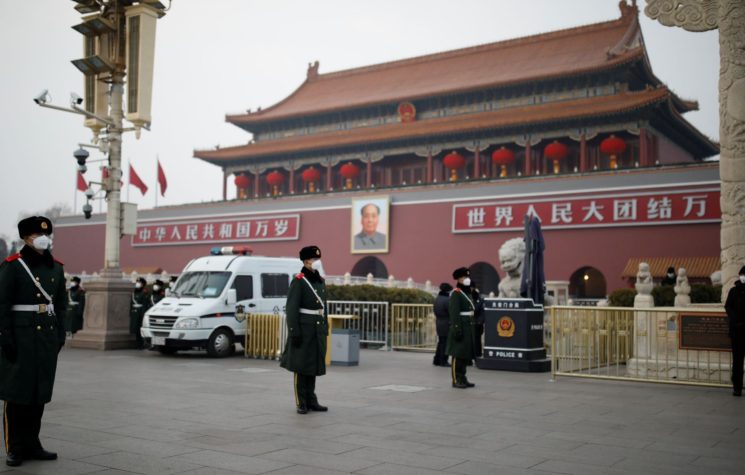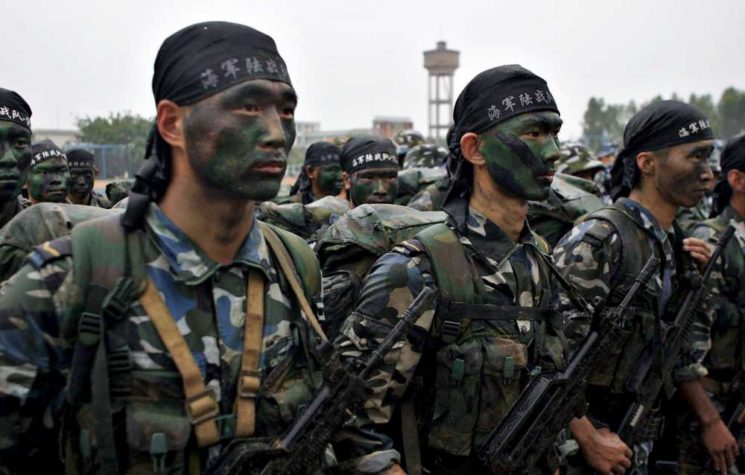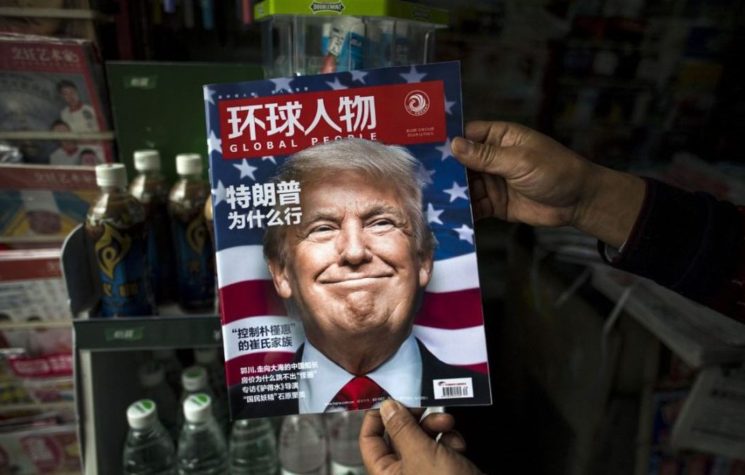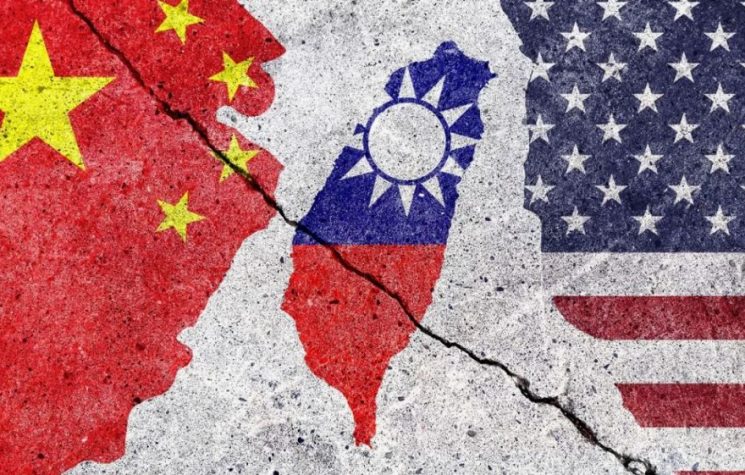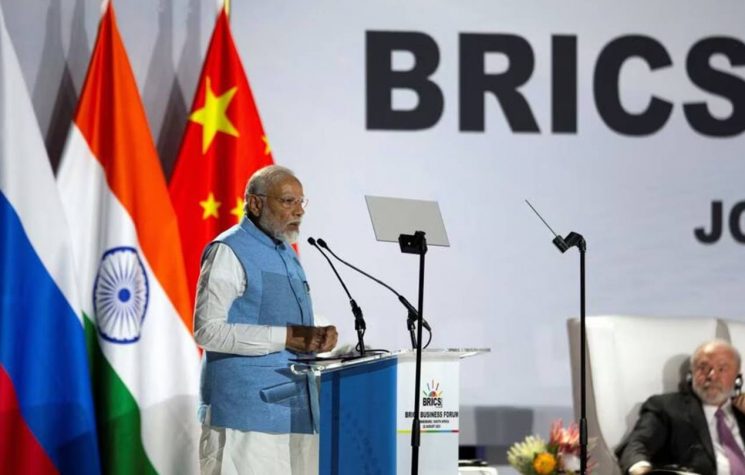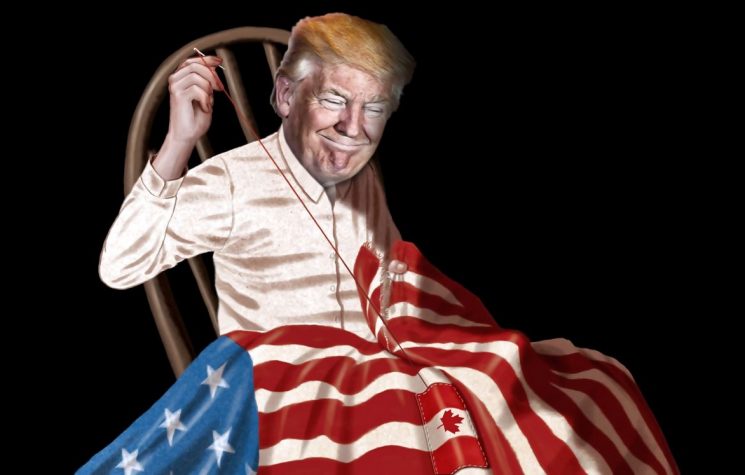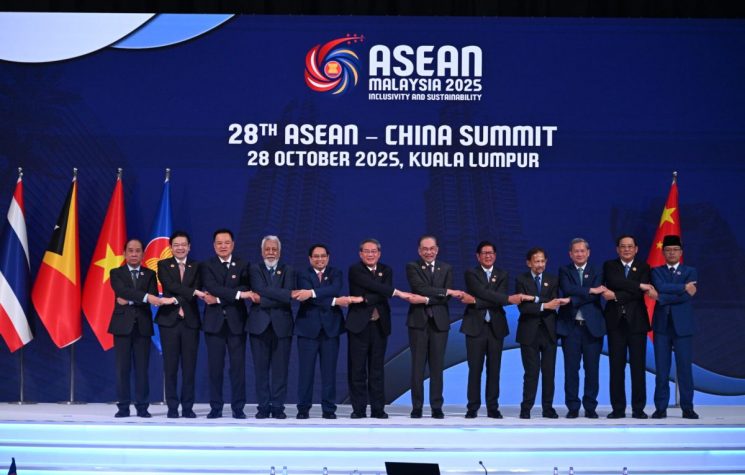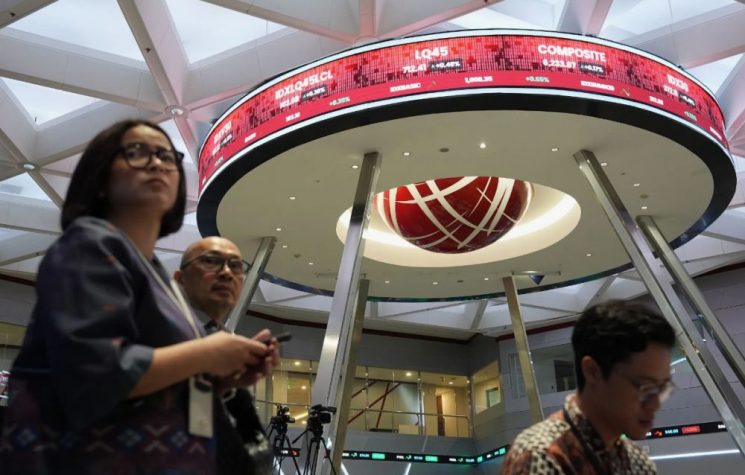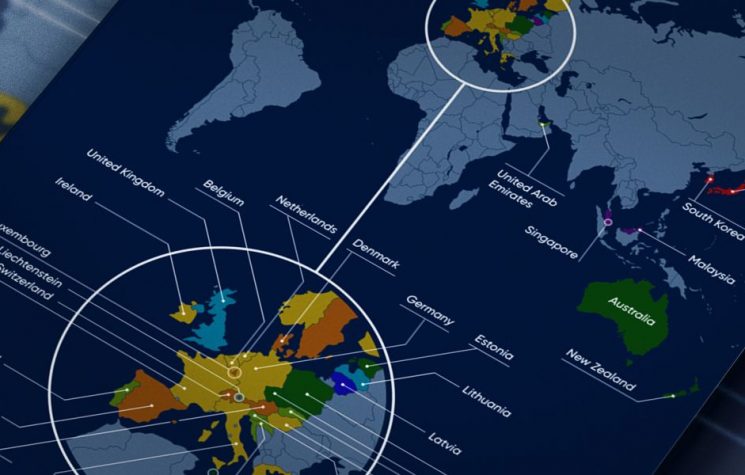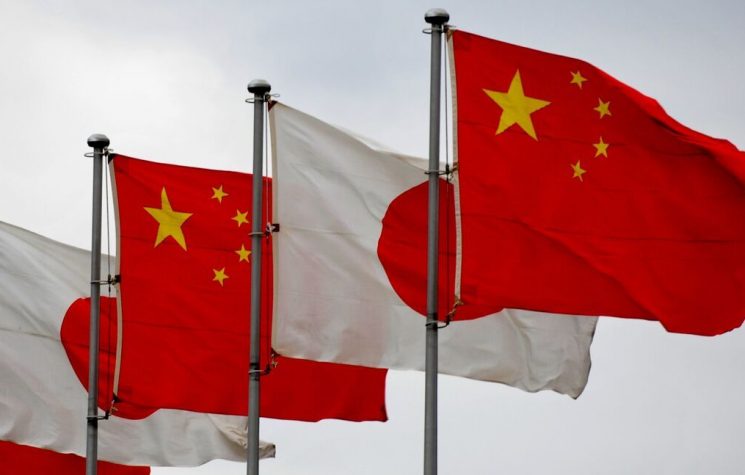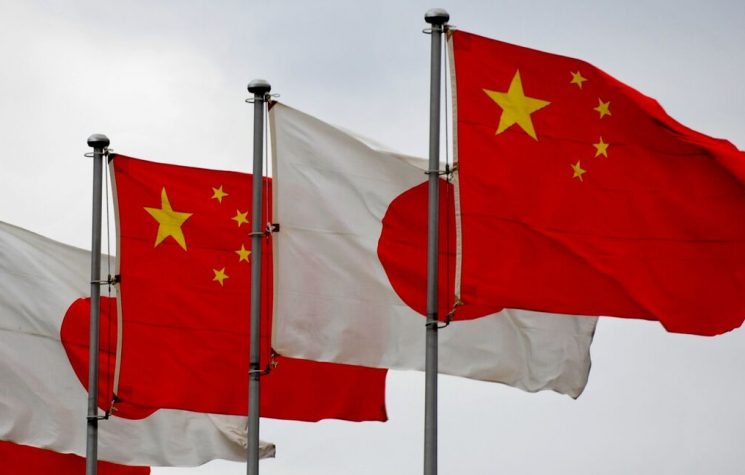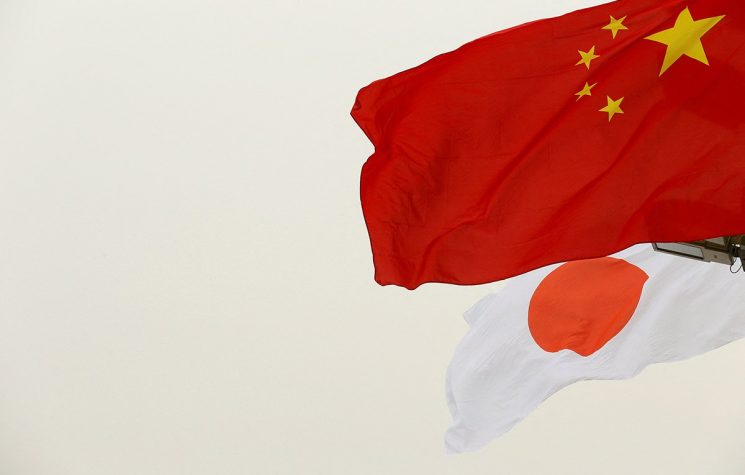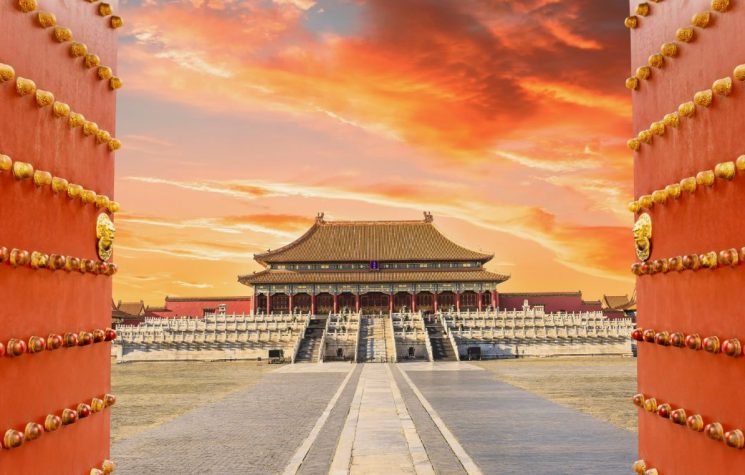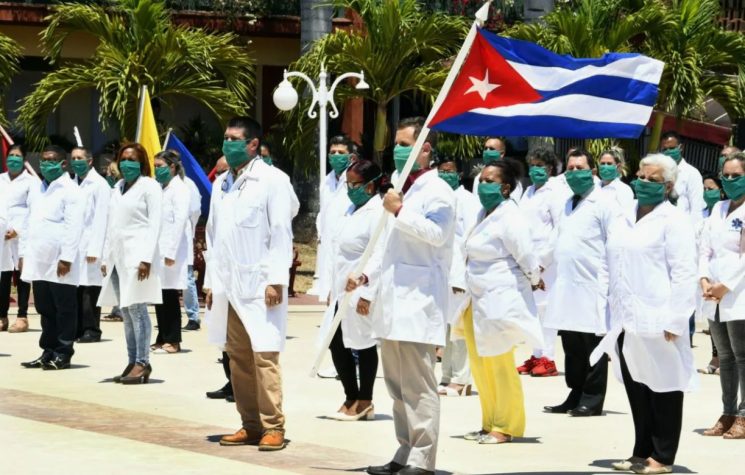Here is a quotation that might sound familiar: “I’m the commander, I do not need to explain why I say things. That’s the interesting thing about being the President. Maybe somebody needs to explain to me why they say something, but I don’t feel like I owe anybody an explanation.” It is understandable when people say they think these words were spoken by Donald Trump, but in fact they were said by George W. Bush and published in the Washington Post in November 2002, a year after Bush invaded Afghanistan and four months before he took his country to war against Iraq.
Bush was the worst U.S. president in memory until the advent of Trump, and they have a great deal in common, including bigotry, egotism, spitefulness and stupidity.
The pandemic has provided a vehicle for Trump and the obsessively aggressive military-industrial complex in Washington to confront China. It all adds to profits, with the bonus of steering public attention away from Trump’s pathetic mismanagement of the country’s reaction to the shattering effects of the Covid-19 virus. As The Hill noted on May 22, “Trump and members of his administration including Secretary of State Mike Pompeo have repeatedly attacked China, accusing it of hiding early information about the coronavirus. Tensions have flared further as U.S. states and hospitals continue to seek personal protective equipment from China and the global race for a coronavirus vaccine raises the prospects that some countries will be left behind.” But the U.S. will not leave some countries behind in its increasing challenges to China which recently included Pompeo hyping tension by fulsomely congratulating Taiwan’s President Tsai Ing-wen on her inauguration on May 20.
The status of Taiwan is a sensitive international matter because when the corrupt Kuomintang party lost the Chinese civil war in 1949 it fled to the island and set up a rival government whose legitimacy is not recognised by China. The United States has supported Taiwan against China since the 1950s, following the war in Korea, and in this era of reinvigorated Cold War against China and Russia, the intensity of support has gathered pace.
The energetic proclamations of pro-Taiwan sentiments by Washington accomplish nothing positive. They are intended to exacerbate tension, and this was achieved by Pompeo declaring that the Taiwanese president’s “courage and vision in leading Taiwan’s vibrant democracy is an inspiration to the region and the world.” His words were read out with much flourish at President Tsai Ing-wen’s inauguration ceremony, and China’s reaction was highly critical, as Trump, Pompeo and the rest of them knew and intended it would be. The aim of the statement was purely to upset and annoy China, and this mission was accomplished by increasing tension and distrust.
Adding to the provocation, the Pentagon announced on inauguration day that it had approved a $180 million sale of heavyweight naval torpedoes to Taiwan in order to serve “U.S. national, economic, and security interests.” Provision of these weapons “will help improve the security of the recipient and assist in maintaining political stability, military balance, and economic progress in the region.” No it won’t: it will further ramp-up tension, add to instability, and contribute nothing to economic progress, except in the U.S. military-industrial complex.
Washington’s policies don’t only involve aggravation of China. At this time of global crisis, when the U.S. should be demonstrating politically impartial leadership to the world, the Trump administration has chosen to insult allies such as Europe, saying, for example, in justification for deliberately failing to notify European Union leaders before he announced U.S.-Europe travel restrictions, that “When they raise taxes on us, they don’t consult us. I think that’s probably one in the same.” Of course it’s not, but that doesn’t matter to the man who
was reported as proclaiming “when somebody is the president of the United States, the authority is total, and that’s the way it’s got to be.” Just like his predecessor Bush in 2002.
And this total authority allows him to ignore the pandemic and to repeal or otherwise nullify international treaties, which action adds nothing to world security.
On May 21 the U.S. announced its intention “to withdraw from the 35-nation Open Skies treaty allowing unarmed surveillance flights over member countries, the latest move by the administration of President Donald Trump to pull the country out of a major global treaty.”
There is no doubt that Open Skies makes a contribution to international trust, and this is presumably what Washington abhors. The Arms Control Association (ACA) records that “The treaty entered into force on January 1, 2002, and currently 34 states are party to the treaty . . . All of a state-party’s territory can be overflown. No territory can be declared off-limits by the host nation.”
The ACA notes that “satellites can provide the same, and even more detailed information” as reconnaissance aircraft, but points out that “not all of the 34 treaty states-parties have such capabilities. The treaty is also aimed at building confidence and familiarity among states-parties through their participation in the overflights.” Forget “confidence and familiarity”, because these words are anathema to Pompeo and Trump whose international watchwords are distrust and dissociation.
Russian Deputy Foreign Minister Alexander Grushko was forthright in commenting that “Our position is absolutely clear and is invariable: The withdrawal of the U.S. from this treaty will come as yet another blow to the system of military security in Europe, which is already weakened by the previous moves by the administration.” In objecting to Trump’s unilateral decision to quit the treaty, Russia was joined by many other countries, and the governments of Belgium, the Czech Republic, Finland, France, Germany, Italy, Luxembourg, the Netherlands, Spain and Sweden said the pact “is a crucial element of the confidence-building framework that was created over the past decades in order to improve transparency and security across the Euro-Atlantic area. We will continue to implement the Open Skies Treaty, which has a clear added value for our conventional arms control architecture and cooperative security. We reaffirm that this treaty remains functioning and useful.”
At a time when the Washington Administration should be cooperating to the fullest with all other nations in order to reduce and overcome the pandemic which is exacting such a human toll around the world it chooses to confront two most important countries by taking action that is flagrantly provocative and not intended to contribute in the slightest to solving the world’s most dangerous problem. The pretentious panjandrum in the White House is full of self-importance and convinced that he doesn’t have to justify any of his actions. He is revving up tension around the world, energetically aided by the venomous Pompeo and the profit-hungry military-industrial complex. The future is dark, and not just because of the Covid-19 pandemic.








